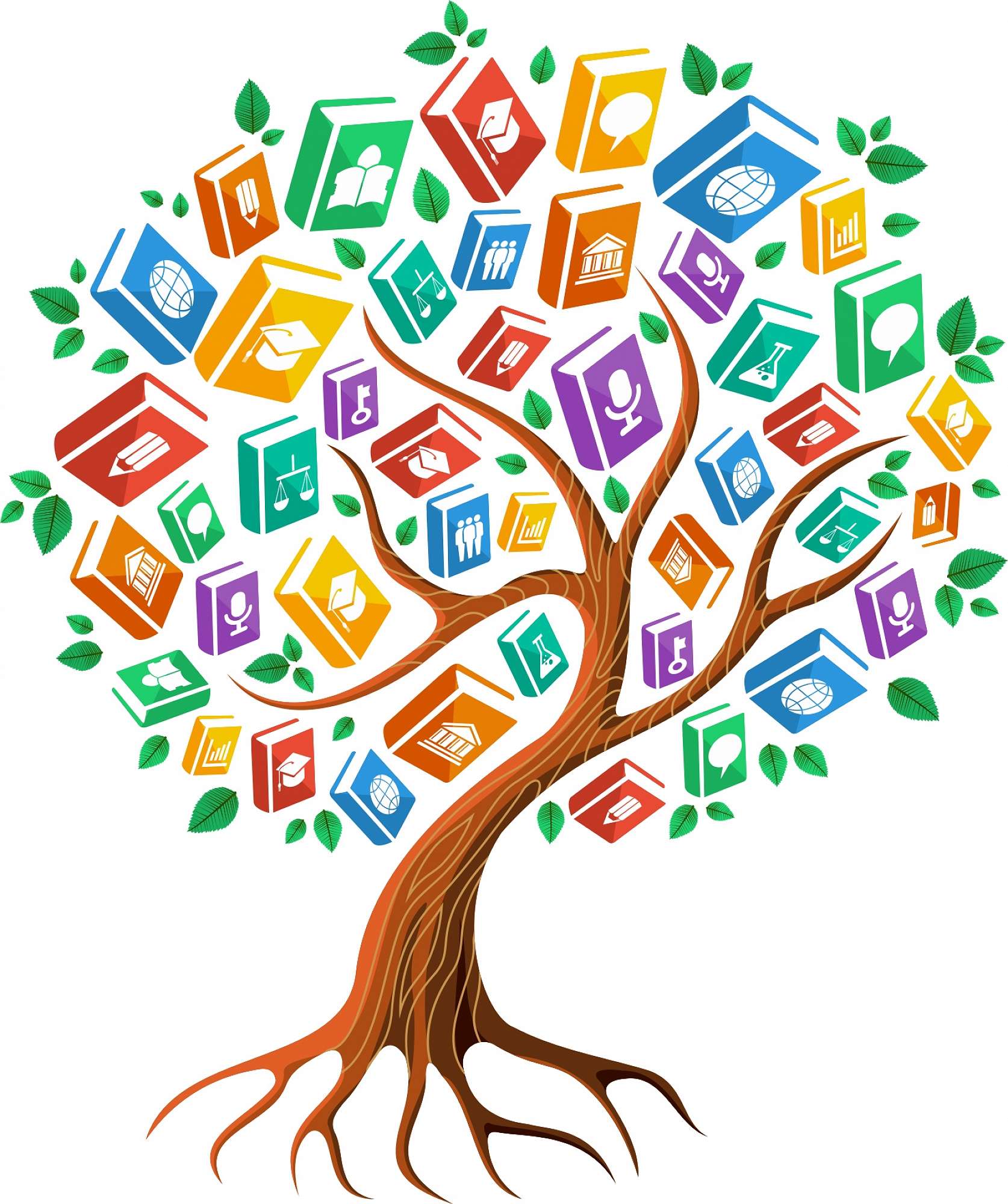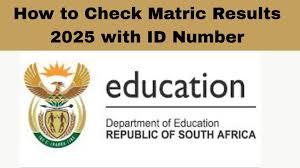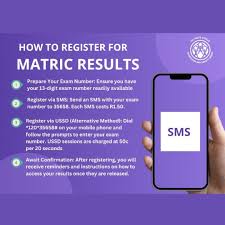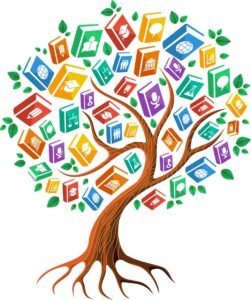Life Orientation (LO) is pivotal in the South African education system, equipping students with essential life skills, critical thinking abilities, and a well-rounded perspective on various societal issues. The Grade 11 Life Orientation source-based task is designed to assess learners’ ability to interpret and evaluate information from diverse sources. This task plays a significant role in their academic journey, especially as they prepare for further studies or enter the workforce.
Objectives of the Life Orientation source-based task Grade 11 memo 2025
The Source-Based Task for Grade 11 in Life Orientation typically aims to achieve several objectives:
- Critical Thinking: Students are encouraged to analyze, evaluate, and synthesize information from various sources. This helps develop their critical thinking skills, enabling them to make informed decisions and engage in discussions about real-world issues.
- Understanding of Societal Issues: The task often focuses on contemporary social issues such as health, wellness, citizenship, and environmental concerns. By exploring these topics, students gain a deeper understanding of their roles as active and informed citizens.
- Research Skills: The task promotes research skills by requiring students to gather, interpret, and present information. This is crucial not just for academic success but also for participating effectively in civic life.
- Personal Development: Life Orientation encourages self-reflection and personal growth. The source-based task often includes components that prompt students to evaluate their own beliefs, values, and behaviors in relation to the topics studied.
Structure of the Task
The source-based task typically consists of several components:
- Sources: Learners will be provided with various types of sources including texts, images, graphs, and videos. Each source will contain information relevant to the topic, which could range from health statistics to case studies on community projects.
- Questions: The accompanying questions will prompt students to engage with the sources critically. Questions may require summarization, interpretation, or evaluation of the content. They might also ask learners to connect their personal experiences with the information presented.
- Presentation Format: Students may be required to present their findings in various formats, including written reports, presentations, or group discussions. The format chosen can affect how students engage with the material and communicate their understanding.
- Assessment Criteria: The assessment criteria will typically focus on aspects such as comprehension of the sources, critical evaluation, clarity of communication, and originality of thought. Educators may also consider teamwork and collaboration if the task is done in groups.
Key Topics for 2025
While the specific topics may vary from year to year, some key themes are likely to arise in the 2025 source-based task:
- Health and Well-being: Topics may include mental health awareness, substance abuse prevention, nutrition, and the impact of the COVID-19 pandemic on health behaviors. Students might be asked to analyze campaigns promoting healthy lifestyles or assess community resources for mental health support.
- Environmental Awareness: Sustainability and environmental issues such as climate change, wildlife conservation, and pollution could be central to the task. Students might examine government policies, community initiatives, or global movements advocating for environmental protection.
- Social Justice and Human Rights: Discussing issues related to inequality, discrimination, and human rights in South Africa may be highlighted. Learners may evaluate sources related to social movements, legislation changes, or historical contexts.
- Career Development: Guidance on career choices, workplace ethics, and the role of vocational training can also be focal points. Students may analyze data on employment trends or case studies of successful career pathways.
Tips for Success
To excel in the Life Orientation source-based task, students can follow these strategies:
- Engage with the Sources: Read through all the provided materials thoroughly. Take notes and highlight key points that stand out. Understanding the context and main ideas will help in answering questions more effectively.
- Practice Critical Thinking: Challenge assumptions and make connections between different sources. Ask questions such as: What is the author’s perspective? Are there any biases in the sources? How do these ideas relate to my own experiences?
- Organize Your Thoughts: Outlining your responses before writing can help structure your thoughts. Ensure that you address all parts of the question and connect your ideas logically.
- Use Clear Language: Whether presenting verbally or in written form, clarity is key. Avoid jargon unless it is specific to the topic, and define any complex terms for your audience.
- Reflect Personally: Incorporate personal reflections where appropriate. How do the issues being discussed affect you or your community? Personal insights can enrich your responses and demonstrate deep engagement with the material.
- Work Collaboratively: If the task is group-based, ensure effective communication among team members. Divide responsibilities based on each member’s strengths and ensure regular check-ins to keep everyone on track.
- Seek Feedback: Prior to submitting the final work, consider getting feedback from peers or teachers. Constructive criticism can provide new insights and help you refine your arguments.
Conclusion
The Grade 11 Life Orientation source-based task for 2025 is more than just an assessment; it is an opportunity for students to develop essential life skills. By engaging with various sources, critically evaluating information, and reflecting on personal experiences, learners can better understand their roles in society and prepare for the future. Emphasizing critical thinking, research, and self-reflection, this task paves the way for students to become informed, responsible, and active citizens in an increasingly complex world.
With careful preparation and an open mind, Grade 11 students can not only succeed in their Life Orientation tasks but also gain valuable skills that will benefit them throughout their lives.





